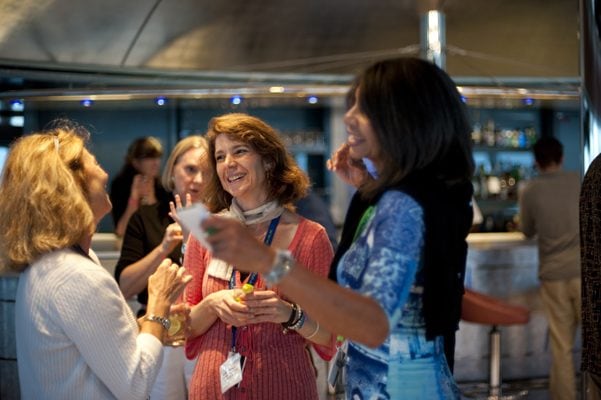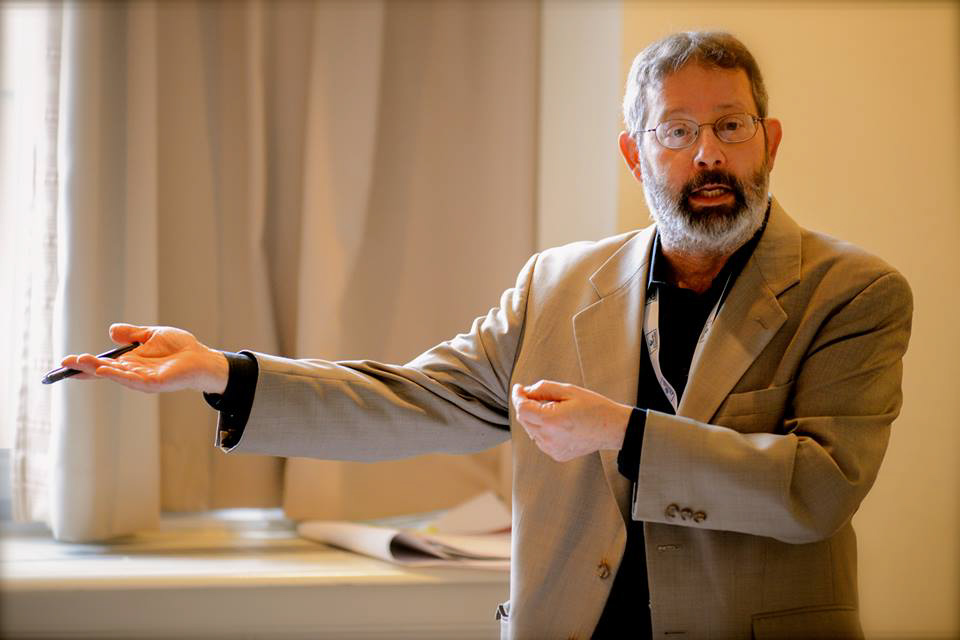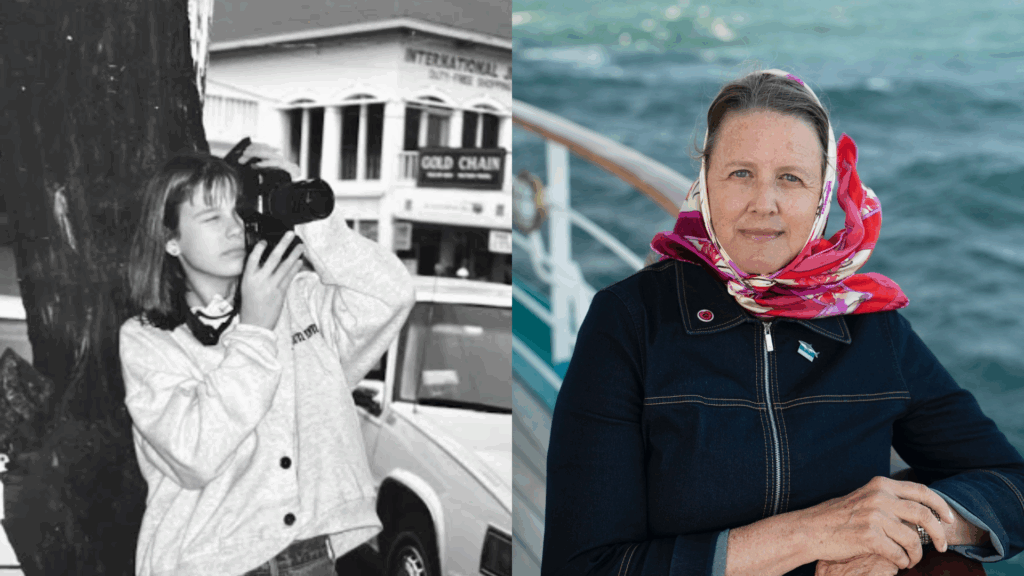 U.S. Foreign Service officer, Stephanie Amadeo, sailed with the SAS Spring 2011 voyage for three days in Brazil, talking about her work, career, and the robust economy in Brazil.
U.S. Foreign Service officer, Stephanie Amadeo, sailed with the SAS Spring 2011 voyage for three days in Brazil, talking about her work, career, and the robust economy in Brazil.
Ms. Amadeo serves as Political Officer at the U.S. Embassy in Brazil, handling issues with the environment, science, technology and health. She has held posts in Washington, D.C. including, Special Advisor to the Under Secretary for Political Affairs, Bureau of International Organizations Office of UN Political Affairs, Africa Bureau Central African Affairs, & Africa Bureau Regional and Security Affairs. She received a bachelor’s degree from the School of Foreign Service at Georgetown University, and a master’s in International Public Relations from Columbia University.
Why she pursued a career as a Foreign Service Officer:
“It’s a fantastic career. I just love the aspect of building relations between countries. I think it’s very important. I think it’s one world and you should want to be informed of all the different countries and culture. There’s that connection, that communication.”
Growing number of women in the service:
“Historically there have been women foreign service officers, (but they) had been traditionally press officers, administrative consulars. There was a push some years ago to make sure there was more equity across the different (positions). It’s improved to a degree. I would say there are (still) small numbers of female foreign service officers. (But) overall, the number of women and minorities has increased over the years.”
Family life in the foreign service:
“Foreign service life has been an incredible benefit to family, but there are often many inherent challenges because you are continuously moving from country to country, or from country back to Washington, or back overseas. It’s a family commitment, too.”
Advice for women joining the foreign service:
“I think it is more challenging for women, even though (for younger generations), there’s more flexibility for male spouses or partners. There are still those stereotypes to work with. Somehow it is assumed…that it is easier for the mother or the wife to move and give up careers or take jobs that are not in (their) career track than male spouses. Not all husbands adjust, but maybe it might be perception or they might all need to try harder. (Having a family) adds an additional challenge.”
Why she visited Semester at Sea:
“The students on the ship are clearly already people that are interested in many of the subjects that I work in. It was a really nice opportunity to have that communication and talk, and just be here and students can avail themselves.”
What Americans should know about Brazil:
“Brazil is increasingly and has been a peer to the U.S. in many fields and on many issues in math, science, business, economics, (and) health. It’s a peer relationship, it’s not teaching. There is sometimes a perception of Brazil as a developing country, but it’s not. There (are) still some developmental issues at large, but not holistically.”
Advice for students who are interested in Foreign Service:
“No one should have to study international relationships, or international affairs, or international economics. You can be a chemistry major and still be a very successful foreign service officer.‚Ä®‚Ä®The biggest thing is informing yourself, really knowing U.S. history, really understanding our governmental system and being aware of systems globally. It doesn’t matter what you study, just inform yourself of the world. I would encourage anyone interested in world affairs, different cultures, different societies, different types of government, different types of communication, to consider whether the foreign service is an option.”
By Erika Maguire, a junior at the University of Virginia, studying Media Studies. She is a Work-Study Student on the Communications Team.


